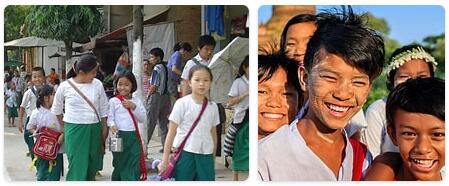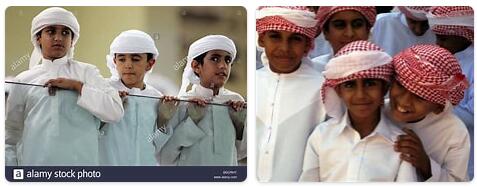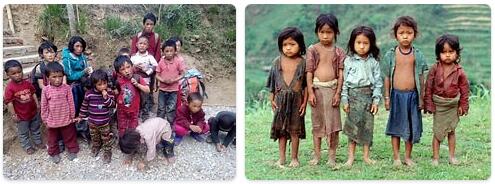Myanmar 2014
Yearbook 2014
Burma. Myanmar population in 2020 is estimated at 54,409,811. Burma took another step on the international stage during the year. In January, the country became chairman of the regional Southeast Asian Association ASEAN. The Presidency culminated with a historic summit in November, in which leaders from, among others, Australia, India, Japan, China, the Russian Federation and the United States, as well as UN chief Ban Ki Moon, participated. The country had been appointed president in 2006, but the then military government had to refrain from damaging ASEAN’s reputation. President Thein Sein also attended the G20 Summit in Australia.

In October, the government announced that 3,000 prisoners would be released in the latest by a series of amnesties. But human rights groups were critical as only a few political prisoners were released. At the same time, people continue to be imprisoned for political reasons. Freedom of the press remained under pressure. Several journalists were arrested during the year. Five journalists were sentenced in July to ten years in prison for spying offenses after writing about a weapons factory purported to manufacture chemical weapons. The sentence was reduced in October to seven years in prison. A journalist arrested by the military for alleged conspiracy with a guerrilla group was shot dead in October under unclear circumstances.
Concern was expressed that the reform process was on hold. Opposition leader Aung San Suu Kyi’s opportunity to run for president in the upcoming elections was a recurring topic. Her National Democratic Alliance Party (NLD) and the related 88 movement collected 5 million signatures in July demanding the abolition of the military’s veto over constitutional amendments. The military adds 25% of the seats without elections. According to the constitution adopted in 2008, a change requires support from more than 75% of the members.
The Constitution also has a clause that prohibits anyone who is married to a foreigner or whose child has a foreign passport to become president. The provision effectively stops Suu Kyi’s candidacy because her sons are British citizens, just like her late husband.
Thein Sein held a roundtable on October 31 with, among others, the NLD leader, the military and other parties with no real results. But new meetings were requested.
Demand for constitutional amendments was also debated in Parliament. Deputy Speaker Shwe Mann said that any changes must first be approved in a referendum, probably in May 2015. The changes would only apply after the election, which is expected at the end of 2015.
In September, the government and the NLD had agreed not to hold election elections for 35 parliamentary seats to save money.
According to topb2bwebsites, Suu Kyi met US President Barack Obama when he visited Burma in conjunction with the ASEAN meeting. She was pessimistic about the development. In May, the United States had extended some sanctions due to failed reforms.
Other concerns about the treatment of ethnic minorities, such as the Muslim population group Rohingya. In January, a massacre of at least 48 Rohingyas was reported in the state of Rakhine in the west. The government denied the information and banned the MSF from operating there. That decision was upheld in July. More than 140,000 people live in refugee camps after the unrest in 2012.
UN chief Ban Ki Moon was among those who demanded full citizenship of the Rohingya people. Their status as second-class citizens became evident when the first census since 1983 was carried out during the year. In the census, Rohingyas were not allowed to identify themselves as a people group. Preliminary results in September showed that the country had just over 51 million residents – against an estimated 60 million. However, some rebel-controlled areas were not included.
The riots in the city of Mandalay demanded at least two deaths in July when Buddhists and Muslims clashed. Night curfew was introduced for one month.
The government and representatives of ethnic minorities held several rounds of talks, but failed to agree on a nationwide ceasefire. Struggles continued between the army and two rebel groups, including the Kachin People’s Independence Organization (KIO). At least 20 Kachin soldiers were killed in a grenade attack in November. The guerrilla stated it was the bloodiest attack in three years.
Students conducted a series of protests in November against a new education law that they consider to limit academic freedom. The protests were the biggest in many years.


